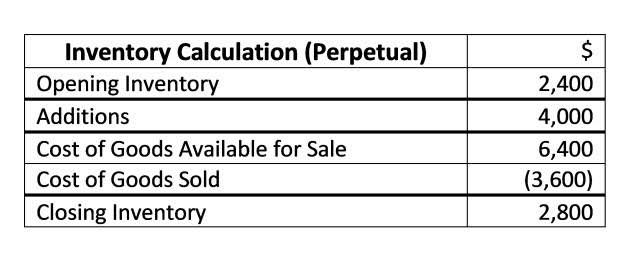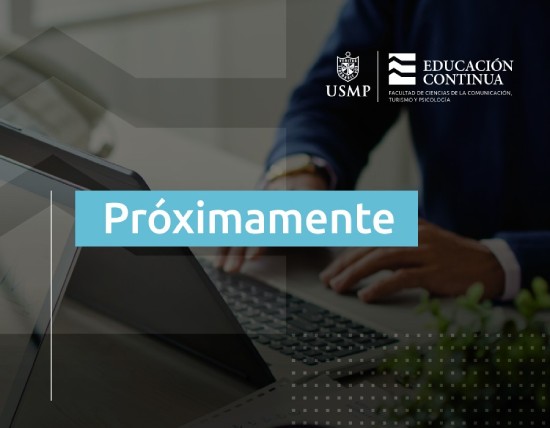
BCG delivers solutions through leading-edge management consulting, technology and design, and corporate and digital ventures. We work in a uniquely collaborative model across the firm and throughout all levels of the client organization, fueled by the goal of helping our clients thrive and enabling them to make the world a better place. Organizations can use OVIS effectively alongside established role and accountability frameworks such as RACI (Responsible, Accountable, Consulted, Informed), which assigns responsibility for certain tasks within a process. OVIS, on the other hand, focuses on specific crucial decisions and is more targeted to the areas where organizations often see bottlenecks. The organizational factors that contribute to indecisive and delayed decision making are often compounded by risk-averse cultures where employees feel they must get “top level” sign off for even low-risk activities.

Within Innovation Strategy and Delivery
- The CEO leads by example, and to date, the company has a very good track record of investment performance and industry-changing moves.
- Decision rights provide a framework that ensures the right people are involved in enabling decision-making, leveraging their expertise and knowledge.
- By establishing clear decision-making structures and defining the authority of individuals or teams, organizations can enhance their ability to navigate complex choices efficiently.
- This includes providing a deeper focus on the structuring of activities rather than the effects of activities on students, as the Senior Leader at the Post-1992 University shared.
- In this briefing we address how companies can sustain the momentum of empowerment that has helped them operate and innovate faster during the pandemic.
This would decision making framework begin by actively reflecting on and explicitly identifying the values and valuing processes informing the development of evaluation systems and implementation of evaluation practices (Greene, 2015). Doing so can advance evaluation for learning and action and support organisations to deliver their agendas for widening participation. Epistemic values signify a belief in the most appropriate approach to generating knowledge, including what counts as methodological rigour (Hassall et al., 2020). Schwandt argues that “method debates are generally proxies for deeper differences surrounding what evaluation should be examining” (Schwandt, 2015).
Align individuals in decision-making groups to a common mission
In the public sector, leaders need to be able to quickly respond to shifting priorities and emerging crises. Delays can hinder the implementation of policies and even deprive constituents of vital services. Decision rights bring clarity and transparency into an organization by outlining everyone’s roles, powers, and responsibilities. Decision rights tools are systems businesses use to outline their decision-making process, e.g., RACI, RAPID, and OVIS.
The WP evaluation system influences evaluation practice
Evaluation systems developed through principles of New Public Management are known to have different effects on performance. In HE, performance management delivered with fairness, clarity and communication can positively affect employee commitment and performance (Decramer et al., 2012), whereas incentive-oriented and high-pressure Accounting Periods and Methods performance management can increase job-related stress (Van der Kolk, 2022b). In an evaluation context, employees with lower motivation to do their work can experience lower evaluation capacity, and the opposite is true when employees have higher motivation driven by internal factors (Sen et al., 2023). Thus, how an evaluation system becomes embedded within a policy area can influence the policy enactment process. Before we begin, we should emphasize that even though the examples we describe focus on enterprise-level decisions, the application of this framework will depend on the reader’s perspective and location in the organization.

Conceptual framework: the role of values in evaluation systems
The alignment of their social equity values for WP and perceived organisational values/policy objectives creates distinct methodological tensions within their evaluation practice. By attempting to satisfy their values and the perceived values of senior staff members and their organisation, staff embed multiple methods for evaluation that they think can meet the needs of individual colleagues. In the case of the Post-1992 University, the Senior WP Practitioner perceived some senior leaders to value methods that do not align with their own beliefs about what type of data is needed to “get into the nitty gritty of what parts of the activity are working”. Decision rights and clarity empower businesses to make improved and expedited decisions that yield tangible results. By establishing clear decision-making structures and defining the authority of individuals or teams, organizations can enhance their ability to navigate complex choices efficiently. The Russell Group University follows similar practices with their annual report, described by their Evaluator as being used to highlight the successes of their work.
Limitations and implications for future research: revisiting values in evaluation

In this case, staff acknowledged using evaluation to persuade management that their ideas for new programmes will be impactful and using qualitative data to reinforce their targeting findings. This reflects a form of indicatorism where staff are using the evaluation system to their advantage so they can implement their practice and achieve their social equity values and job roles and responsibilities (Van der Kolk, 2022a). As an explorative qualitative study employing thematic analysis, these findings are not intended to be generalisable—however, the limitations of this study signal directions for future research on the topic. First, the sample of participants is more heavily weighted to the Russell Group and Post-1992 University. Whilst reflective of their larger number of dedicated resources for WP, the study could have been improved by including a larger and more diverse group of participants. Furthermore, the study has only examined specific types of personal values that may influence evaluation practice including epistemic and social equity values.
A Framework for Success

For many interviewees, the act of producing a theory of change has contributed to greater levels of evaluative thinking. The Evaluation and Evidence Manager at the Post-1992 University explained how they are “constantly thinking about the ultimate goal before thinking about what I’m doing about it”. This view was echoed by the faculty-based WP Practitioner from the Russell Group University who acknowledged becoming more goal-oriented in their work. Similarly, the Senior WP Practitioner at the Post-1992 University found the challenge of completing theories of change “has helped me work out exactly how to go about the project in the best way”. In other instances, evaluation has helped to facilitate critical thinking around the wider systemic basis for WP policy within a HE provider. This includes providing a deeper focus on the structuring of activities rather than the effects of activities on students, as the Senior Leader at the Post-1992 University shared.
Before addressing a situation, leaders need to recognize which context governs it—and tailor their actions accordingly. Once bosses and subordinates have built trusting relationships, they can discuss the ART of decision-making as a way to help each other and the organization as a whole so subordinates know when to ask for directions https://www.bookstime.com/ or help, recommend, tell in advance or after the fact. And so bosses know when to provide help, make decisions, bring their broader perspective to bear or use the information about a past decision going forward. Each sprint goes to a central architecture group, to our cybersecurity group, and sometimes procurement. Those groups can apparently seem to slow down the process but at Mars we feel they enable speed at scale ultimately, and we recognize how critical these steps are to drive that speed at scale.

The initiatives that we’ve done have come from a deep understanding of what we’re trying to achieve—the difference we’re trying to make in the world. While this exercise may seem daunting, our leadership team identified a total of only 43 decisions to drive our entire business. Rather than limp along with a broken process, we stopped, stepped back, and developed a Decision Rights Framework. This not only led to faster decisions, but better outcomes — because we had the right people making the right decisions. The experts agree that redistributing decision authority in any organization is a difficult task fraught with controversy and organizational politics. Yet, it is also one in which organizations must routinely engage to maintain a competitive edge and maximize shareholder value.
